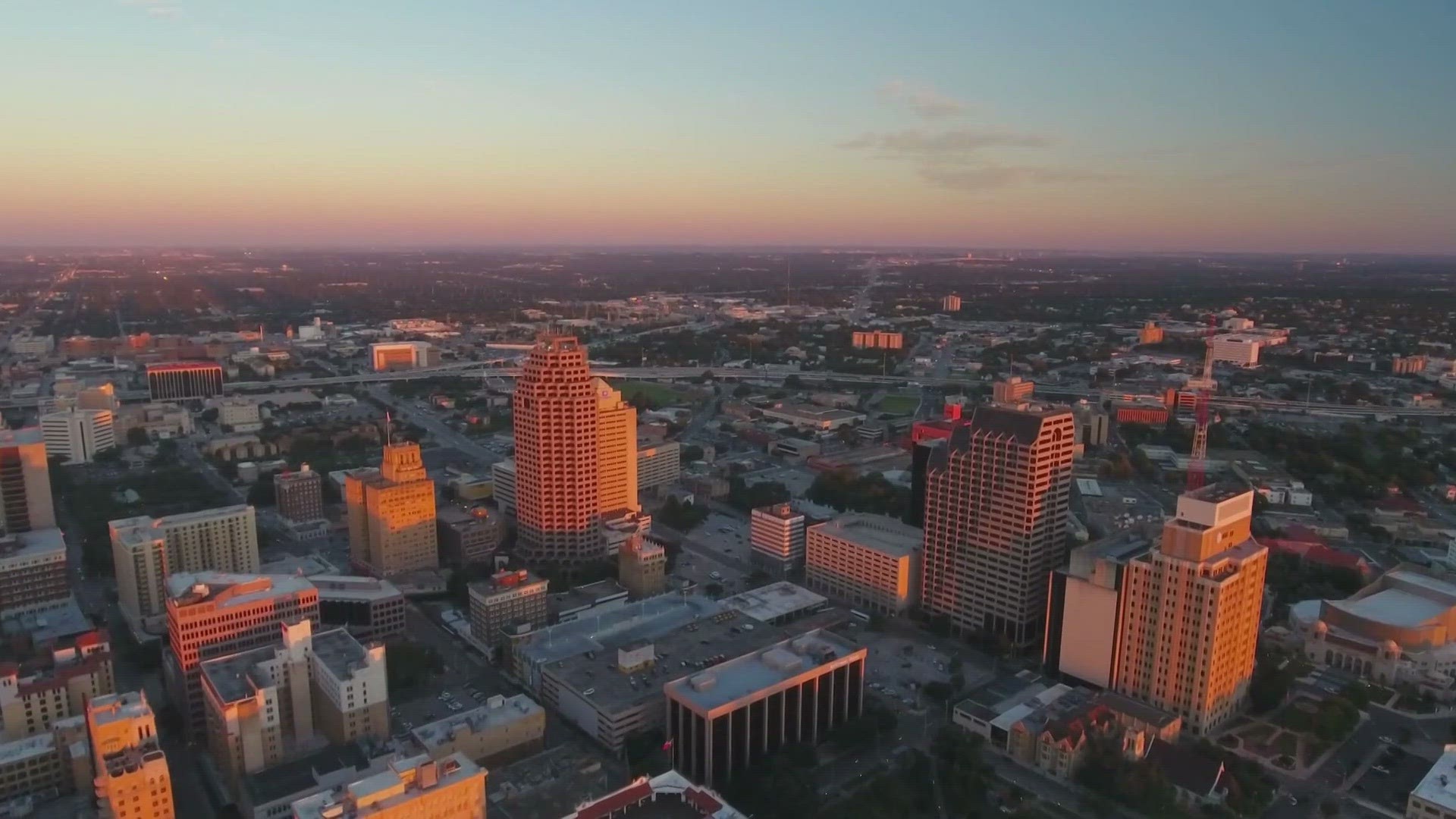SAN ANTONIO — Texans are about to get the biggest property tax cut in history. Texas lawmakers announced this morning they have finally reached an agreement on a deal worth about $18 billion.
According to the proposal over $12 billion will be spent on reducing the school property tax rate for all homeowners and business properties. Every homeowner who homesteads their home will get a $100,000 Homestead Exemption. That's about six million homeowners.
Non-homestead properties, both commercial and residential, worth $5 million or under will receive a 20% circuit breaker on appraised values as part of a pilot project.
"This was done as a way to potentially reduce or at least slow down rent increases for apartments and rental properties," said Jon Taylor, a professor of political science and chair of the Department of Science and Technology at UTSA. "Not only do you have to have a vote, both the House and Senate, there's also a concurrent joint resolution, which means we'll be voting on this in November as a constitutional amendment."
Governor Abbott released a statement that said, "I promised during my campaign that the state would return to property taxpayers at least half of the largest budget surplus we have ever had. Today's agreement between the House and the Senate is a step toward delivering on that promise. I look forward to this legislation reaching my desk, so I can sign into law the largest property tax cut in Texas history."
The Texas State Teachers Association responded saying, "Now, the legislative leadership announces an $18 billion package of tax cuts with not an additional penny for the needs of educators and their students. We demand that state leaders also fulfill their constitutional duty and increase funding for public education, beginning with significant pay raises for all school employees in every school district."
"It's complicated because it in the end impacts K-12 public education in a way that is a real concern that there will not be enough money," Taylor added.
Taylor also says this proposal is only for two years, and at the end of those two years they'd have to revisit the possible new legislation to see what needs to be done then.

